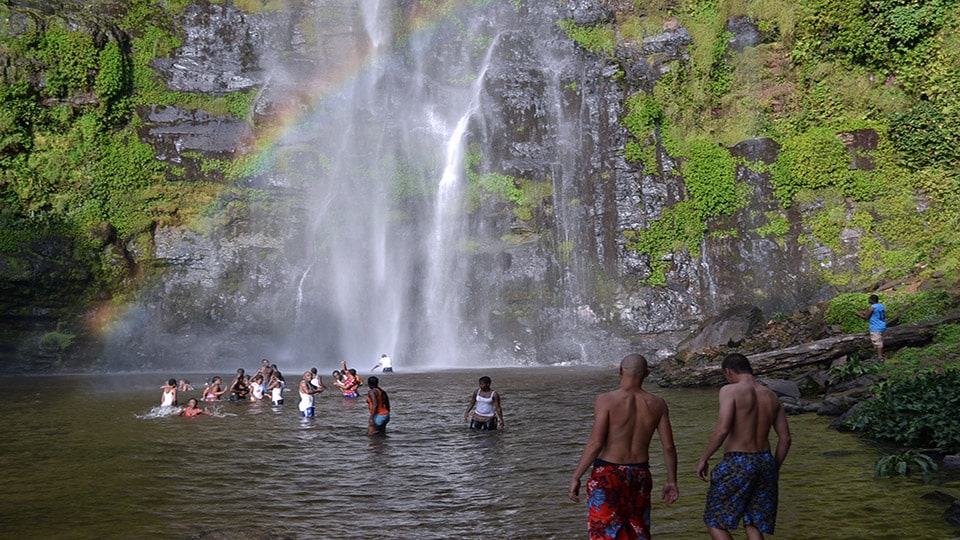The tourism sector is on its knees because all national parks, hospitality industry, among many others, have either shut down completely or are working at about 20 per cent capacity.
The situation has caused many job losses in the sector. In the melee, governments across the world have pledged support for the players within that sector in order to save jobs. Unfortunately, there is nothing on the ground to show for that commitment.
Ghana situation
For instance the National Hospitality Association of Ghana (NHAG) made an urgent appeal to the government and the agencies with whom it is affiliated to help salvage the industry from imminent collapse.
According to the association, it was facing what it described as “unprecedented revenue losses and mass layoffs, which are threatening the survival of the industry in the wake of the COVID-19 spread in the country”.
The Executive Secretary of the NHAG, Mr Theodore Dzeble, made the appeal on behalf of the association in an urgent message sent to the media on the impact of the COVID-19 pandemic on the hospitality industry.
The government is yet to respond directly to the request except to announce a Gh¢600 million package for the small-scale enterprises (SME) sector.
Wider SOS call
The development has forced the Global Tourism Crisis Committee to unite behind the World Tourism Organisation’s rallying cry for governments to “go beyond words” and begin taking decisive actions to safeguard the millions of jobs under threat as a result of the COVID-19 pandemic.
According to information monitored by the Daily Graphic from the ongoing Spring Meetings in Washington, D.C. in the United States of America (USA), “The Crisis Committee was convened by the World Tourism Organisation (UNWTO) in response to COVID-19. With tourism among the worst affected of all major economic sectors, the
United Nations specialised agency for tourism also warns of the social and development toll the economic impact might have”.
UNWTO is taking the lead in ensuring governments do all it can to safeguard livelihoods and shield the most vulnerable members of society.
In the third meeting of the Committee, UNWTO urged members to increase pressure on world leaders to rethink tax policies and employment policies relating to tourism and to help make sure businesses survive to help drive wider recovery efforts.
Call to action
This call to action comes as decision makers come under mounting pressure to take concrete steps to help combat COVID-19. Drawing up financial and economic responses has been the central focus of the Spring Meetings of the International Monetary Fund and the World Bank last week, while the European Commission has been enhancing political cooperation within the European Union.
The Tourism Crisis Committee meeting was also held against the backdrop of the Saudi Presidency of the G20 calling on governments, private organisations and philanthropists to contribute a collective $8 billion to address the existing financing gap and properly address the pandemic.
The UNWTO Secretary-General, Mr Zurab Pololikashvili, in his address said: “This crisis has shown the strength of solidarity across borders. But nice words and gestures will not protect jobs or help the many millions of people whose lives are dependent on a thriving tourism sector.
Governments have an opportunity to recognise tourism’s unique ability to not only provide employment but to drive equality and inclusivity. Our sector has proven its ability to bounce back and help societies recover. We ask that tourism is now given the right support to once again lead recovery efforts.”
Looking beyond a lockdown world
The call to action comes as UNWTO reports on the extent to which COVID-19 has brought global tourism to a standstill. The UNWTO “Travel Restrictions” report notes that 96 per cent of all worldwide destinations have introduced full or partial restrictions since the end of January.
Recovery Technical Assistance Package
To help countries get back to growth, UNWTO said it would soon be launching a new Recovery Technical Assistance Package.
According to the organisation, this will enable its member states to build capacity and better market and promote their tourism sector in the challenging months ahead.
Source: www.graphic.com.gh


